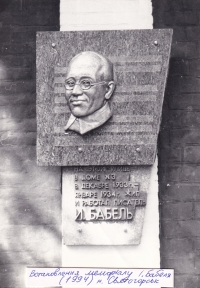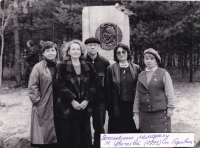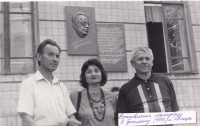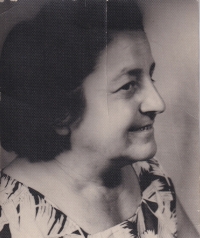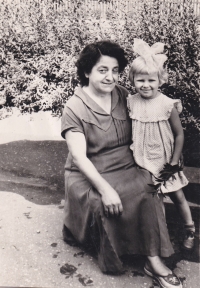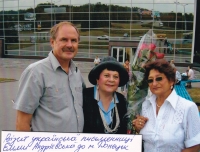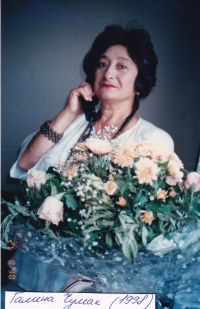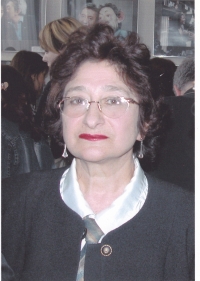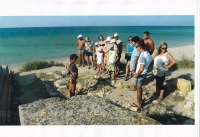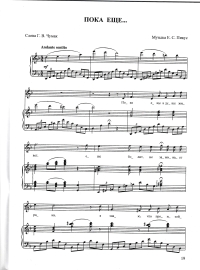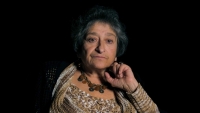“I understood that I would never return to Donetsk again. Because Donetsk that was there before 2014 is a different life.”

Download image
Halyna Volodymyrivna Chumak was born on August 20, 1948 in Stalino (current Donetsk). She spent her childhood in the Greek village Karan, where her mother, a Greek by nationality, comes from. The only thing known about her father is that he comes from Western Ukraine. She graduated from Donetsk National University, philological faculty, department of Russian language and literature. Because of her Greek nationality she had difficulties with employment during the Soviet era. She worked as the secretary of the director of the Donetsk Department of Physical and Organic Chemistry of the Institute of Physical Chemistry named after L.V. Pysarzhevskyi under Academy of Sciences of the Ukrainian SSR named after Academician L. M. Lytvynenko, later - a laboratory assistant. She was a methodologist at the Donetsk Regional House of Cultural Workers; worked as the responsible secretary of the Donetsk regional organization of the Society of Book Lovers, on the basis of which she founded the “Ukrainian Club” in 1992. From 1997 to 2004, she was the head of the department of cultural institutions of the Department of Culture of the Donetsk Regional State Administration. From 2004 to 2016, she was the director of the Donetsk Regional Art Museum, received the title Merited Worker of Culture of Ukraine. She lead an active social and cultural life: she held Ukrainian literary evenings, was a member of the “Knowledge” Society in Donetsk, promoted the study of the Ukrainian language in Donetsk region. She is also the Chairperson of the League of Greek Artists of Donetsk region “Halateia”, a member of the Council of the Fedir Stambulzhy Donetsk Society of Greeks, head of the Donetsk organization of Greek women. In 2008, she was elected vice-president of the All-Ukrainian public organization “Ukrainian Committee of the International Council of Museums (ICOM)” under UNESCO. Since 2016, she has been living in Kyiv and working at the National Art Museum of Ukraine.
